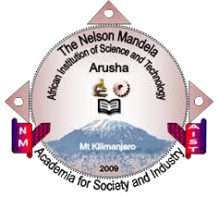Call to Participate – from IADE
Call to Participate – AAU Member Universities and other African Tertiary Institutions
Dear Vice Chancellors, Rectors, Presidents, Deans, Head of Departments and Senior Leaders
The Institute for the Advancement of Developing Economies (IADE) is calling for your participation in its proprietary Higher Education Capacity Building (HECB) Program. The IADE HECB is an innovative capacity building program that functions through a number of customizable program areas, designed to strategically advance the quality, competitiveness, and visibility of higher education institutions in Africa. The program tackles key issues limiting the advancement of higher education institutions in Africa. A HECB program area typically consists of several deliverables that will be administered to the participating institutions over a period of 12 months. IADE HECB program areas, approach, and deliverables are proprietary and designed to get the desired results for the participating institutions. IADE is also working on engaging with ministries/departments of education in various African countries.
The IADE HECB program areas include:
- HECB Program Area 1: Positioning Institutions for International Funding Opportunities
- HECB Program Area 2: Enhancing Institutions’ Scientific Research Publication Output and Visibility
- HECB Program Area 3: Launching High-Impact Academic, Professional, and Certificate Programs
- HECB Program Area 4: Applying and Preparing for International Accreditation
IADE also publishes the Journal for the Advancement of Developing Economies (JADE) and submission and publication is 100% FREE for all AAU-member institutions.
To sign up for these program areas please contact:
THEO UDEIGWE, PhD, CPSS
iade@developingeconomies.org
+ 1 225 715 3614
https://developingeconomies.org/hecb/

